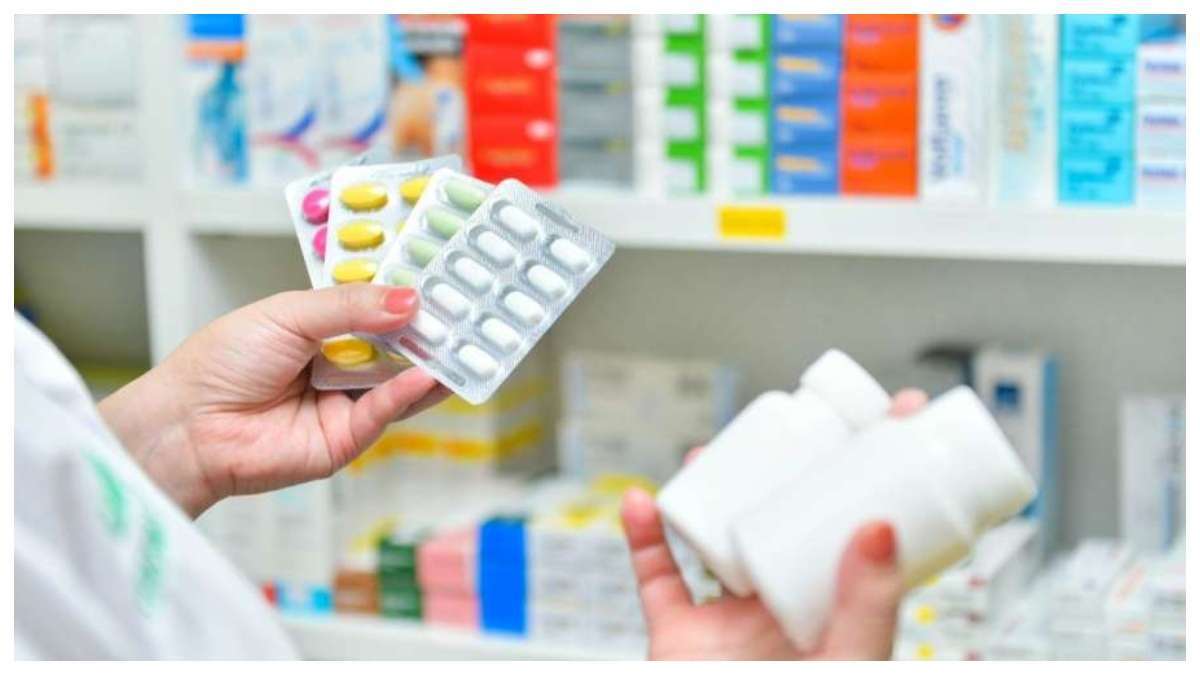From antibiotics to painkillers, THESE medicines to get expensive from April 1: Check list here
[ad_1]

The government is set to implement the highest-ever annual price hike for essential medicines, with prices expected to surge by 12 per cent starting from April 1, 2024. Over 1,000 formulations of essential medicines and 384 drugs will see an increase in prices. This hike is primarily due to a significant rise in the Wholesale Price Index (WPI), which reached 12.12 per cent between January 2023 and this year. These essential medicines, also known as essential drugs, play a crucial role in various government health programs and are directly sold to retail consumers.
Sharp increase in WPI
Officials from the National Pharmaceutical Pricing Authority have confirmed the sharp increase in WPI, citing data from the office of the economic adviser in the Ministry of Commerce and Industry. For the second consecutive year, the prices of essential medicines are set to increase by more than 10 per cent. Last year saw a hike of approximately 11 per cent in the prices of these drugs.
The list encompasses almost all indispensable medicines, ranging from those essential for COVID-19 management to items like ORS and disinfectants. This surge in medicine prices is poised to have a significant impact on people’s budgets.
List of medicines to be costlier from April 1:
- Pain killers: Diclofenac, Ibuprofen, Mefenamic acid, Paracetmol, Morphine
- Anti-TB medicine: Amikacin, Bedaquiline, Clarithromycin, etc.
- Anticonvulsants: Clobazam, Diazepam, Lorazepam
- Antidotes in Poisoning: Activated Charcoal, D-Penicillamine, Nalaxone, Snake venom antiserum
- Antibiotics: Amoxicillin, Ampicillin, Benzylpenicillin, Cefadroxil, Cefazolin, Ceftriaxone
- Covid management medicines
- Anaemia medicines: Folic Acid, Iron Sucrose, Hydroxocobalamin, etc.
- Parkinsons and Dementia: Flunarizine, Propranolol, Donepezil
- HIV management medicines: Abacavir, Lamivudine, Zidovudine, Efavirenz, Nevirapine, Raltegravir, Dolutegravir, Ritonavir, etc.
- Antifungal: Clotrimazole, Fluconazole, Mupirocin, Nystatin, Terbinafine, etc.
- Cardiovascular medicines: Dilitazem, Metoprolol, Digoxin, Verapramil, Amlodipine, Ramipril, Telmisarten, etc.
- Dermatological medicines
- Plasma and Plasma substitutes
- Antiviral medicines: Acyclovir, Valganciclovir, etc.
- Malaria medicines: Artesunate, Artemether, Chloroquine, Clindamycin, Quinine, Primaquine, etc.
- Cancer treatment medicines: 5-Fluorouracil, Actinomycin D, All-trans retinoic acid, Arsenic trioxide, Calcium folinate, etc.
- Antiseptics and Disinfectants: Chlorohexidine, Ethyl Alcohol, Hydrogen peroxide, Povidine iodine, Potassium permanganate, etc.
- General anaesthetics and oxygen medicines like Halothane, Isoflurane, Ketamine, Nitrous oxide, etc.
Several medicines brought under the ambit of price controls
Out of the extensive range of nearly 6,000 formulations accessible in the Indian market, around 18 per cent are categorized as scheduled drugs. This classification signifies that they fall under price controls, with the maximum retail price set by the National Pharmaceutical Pricing Authority (NPPA). Moreover, in recent years, there has been an extension of price controls to various medical devices, including coronary stents and knee implants, as per reports.
ALSO READ: Fake cancer drugs racket busted in Delhi, seven arrested: How the gang used to operate?
[ad_2]
Source link
